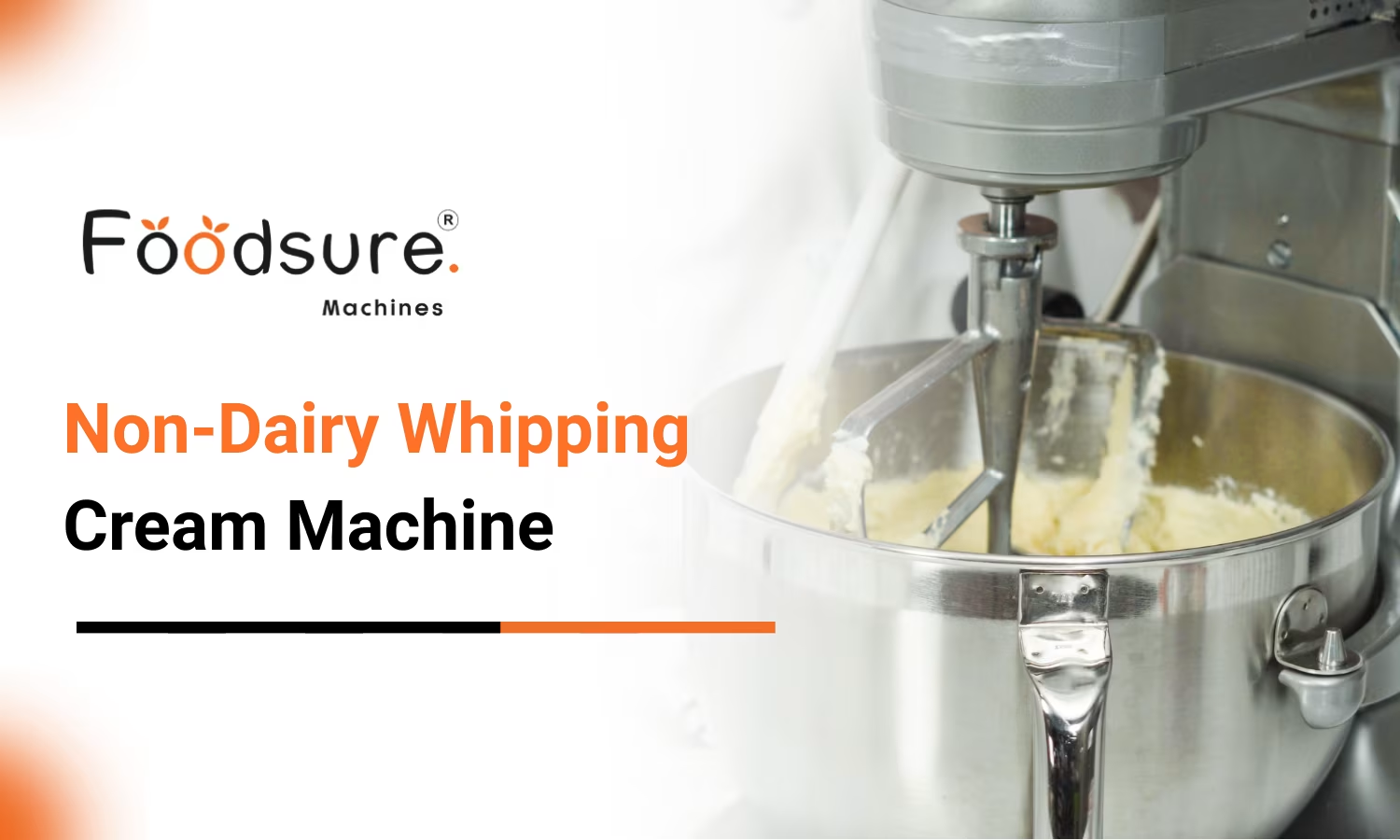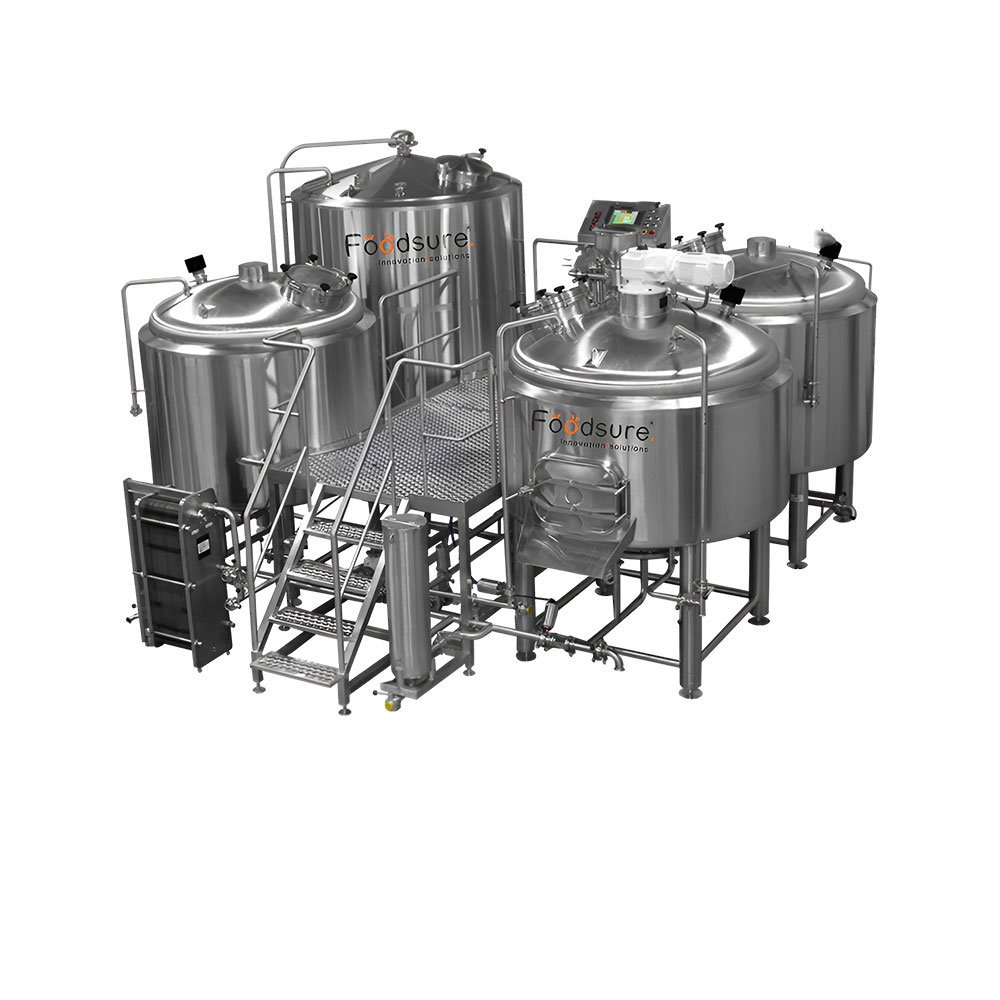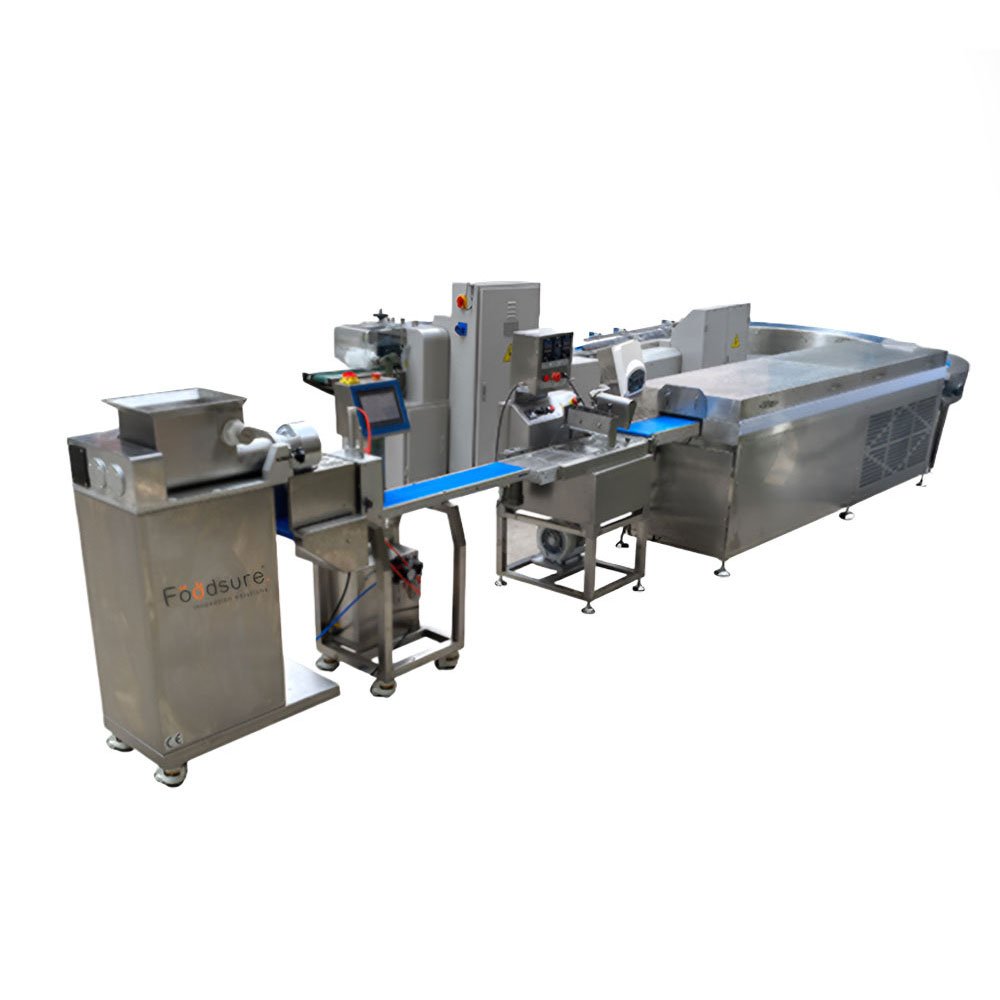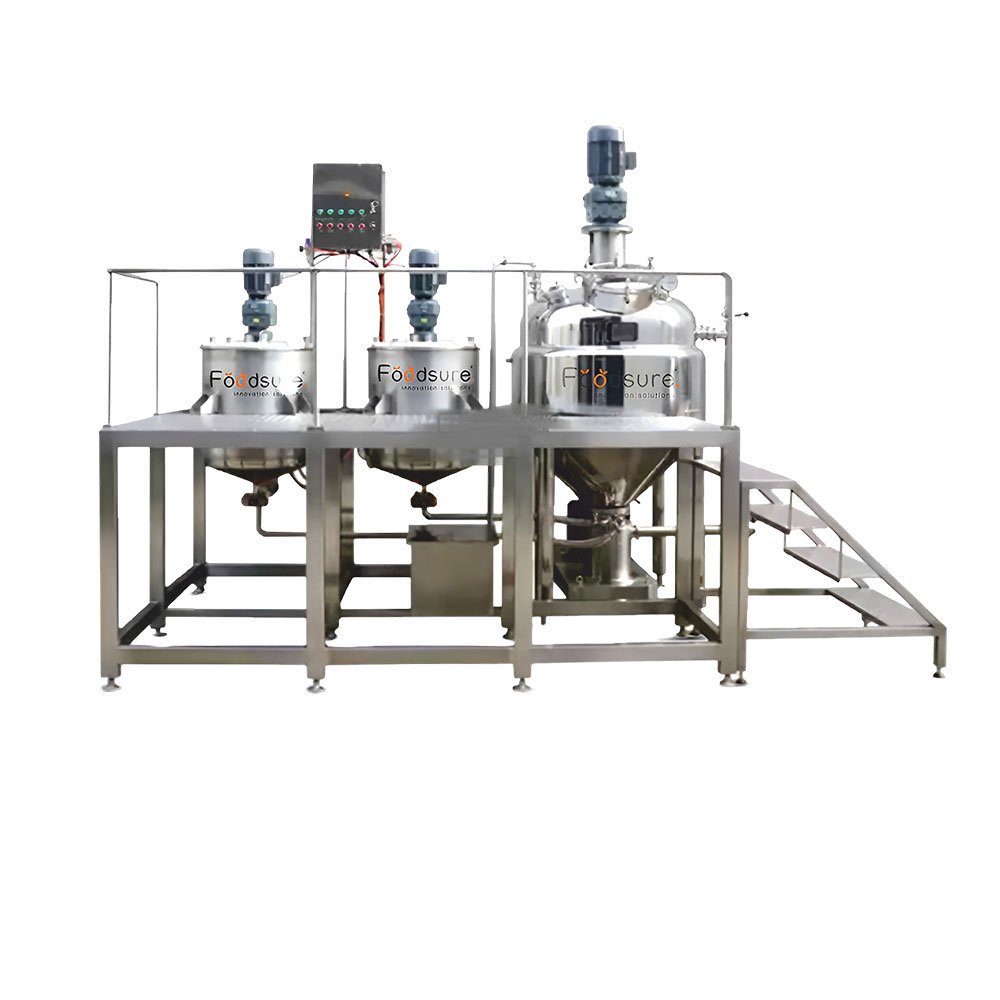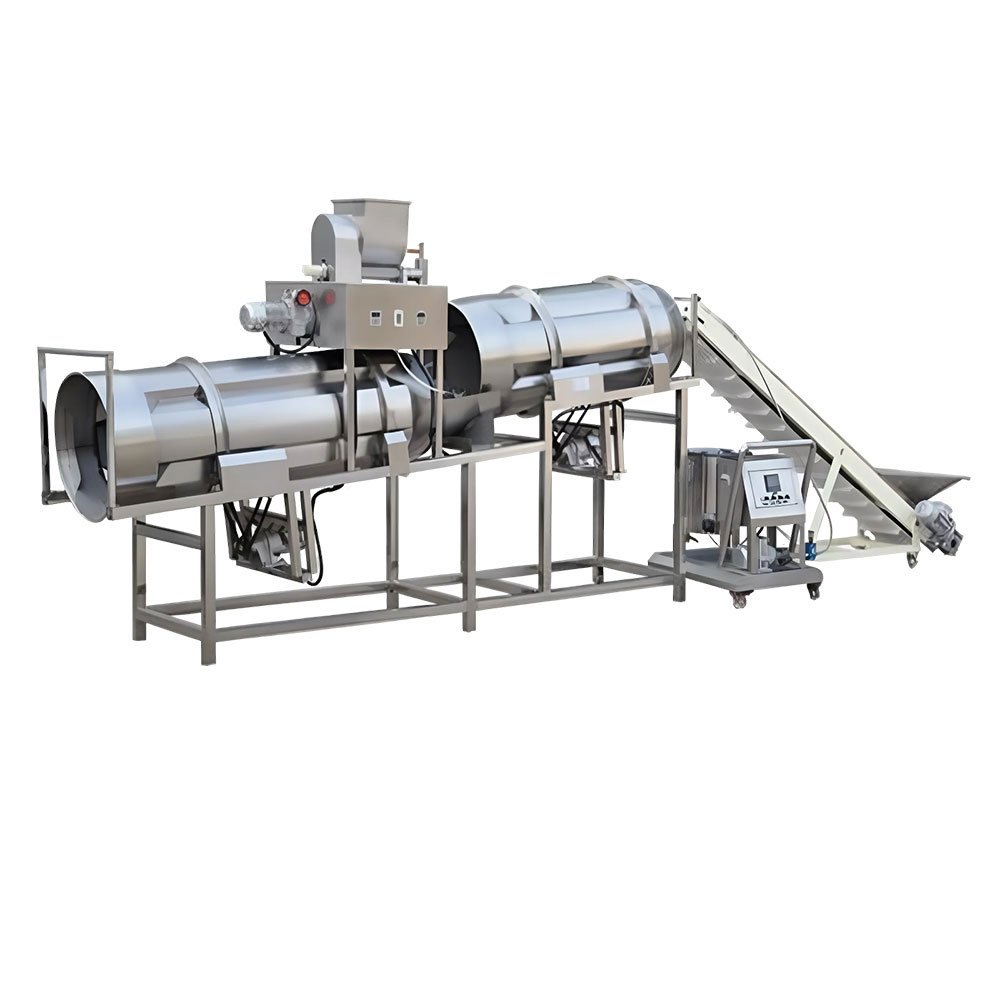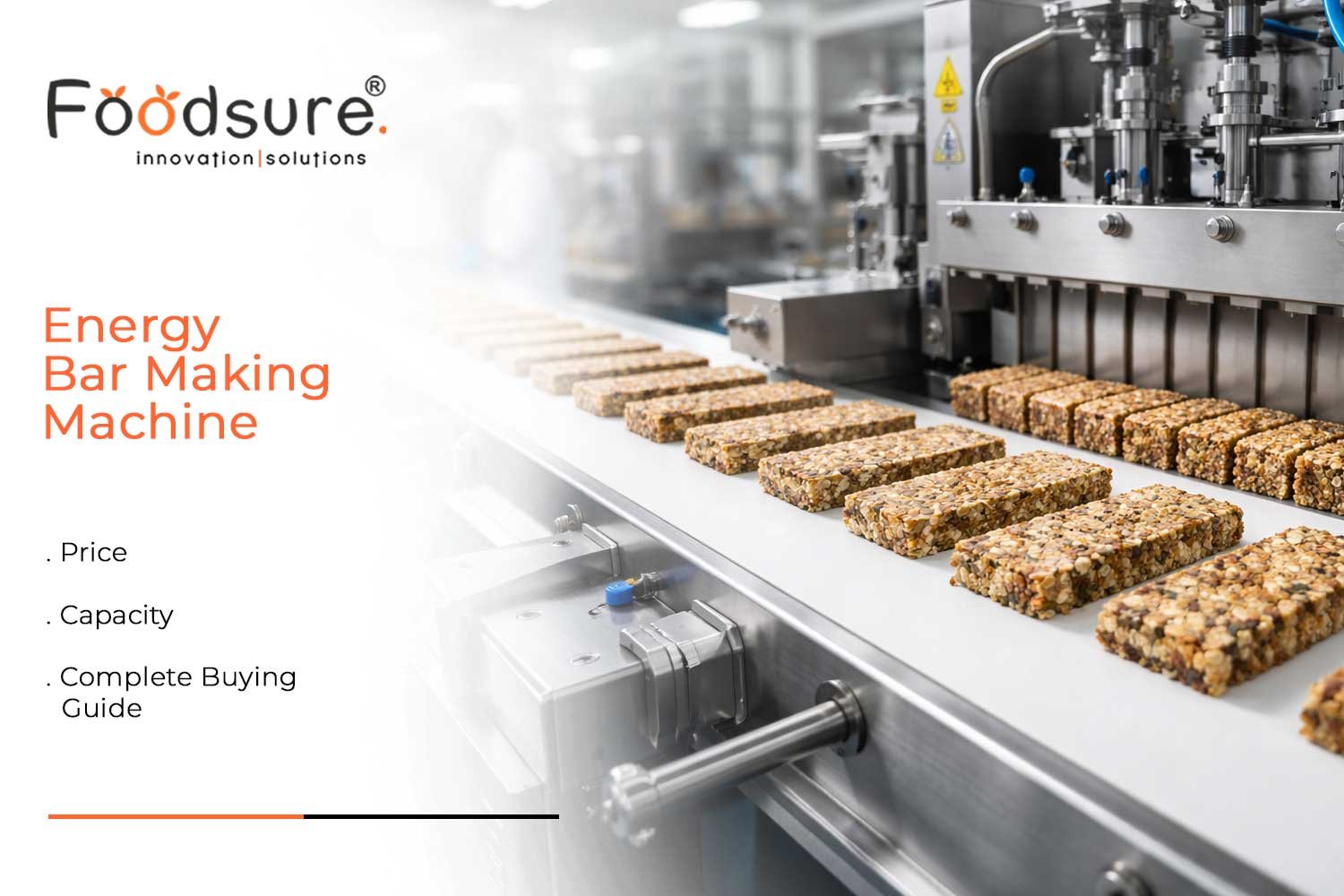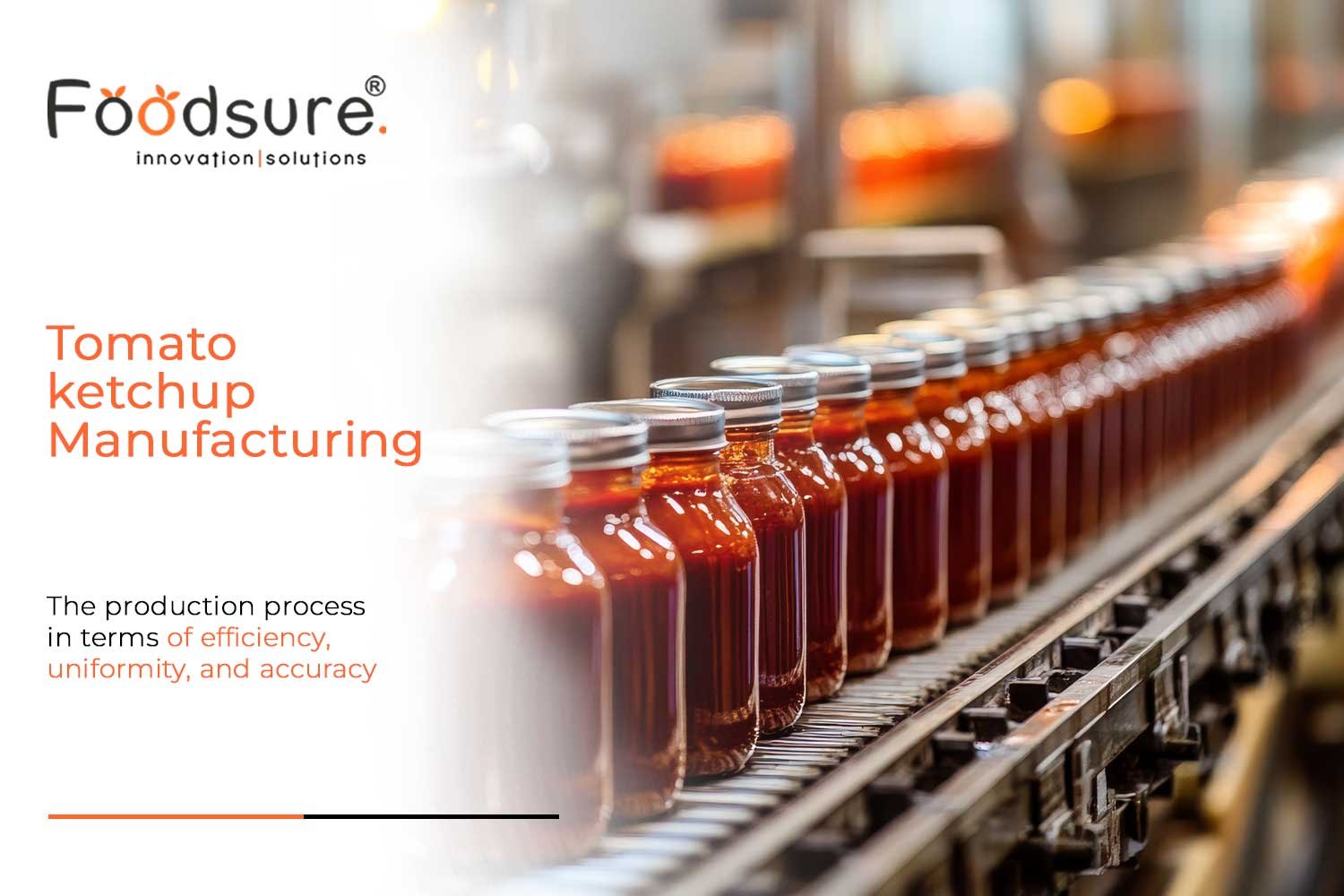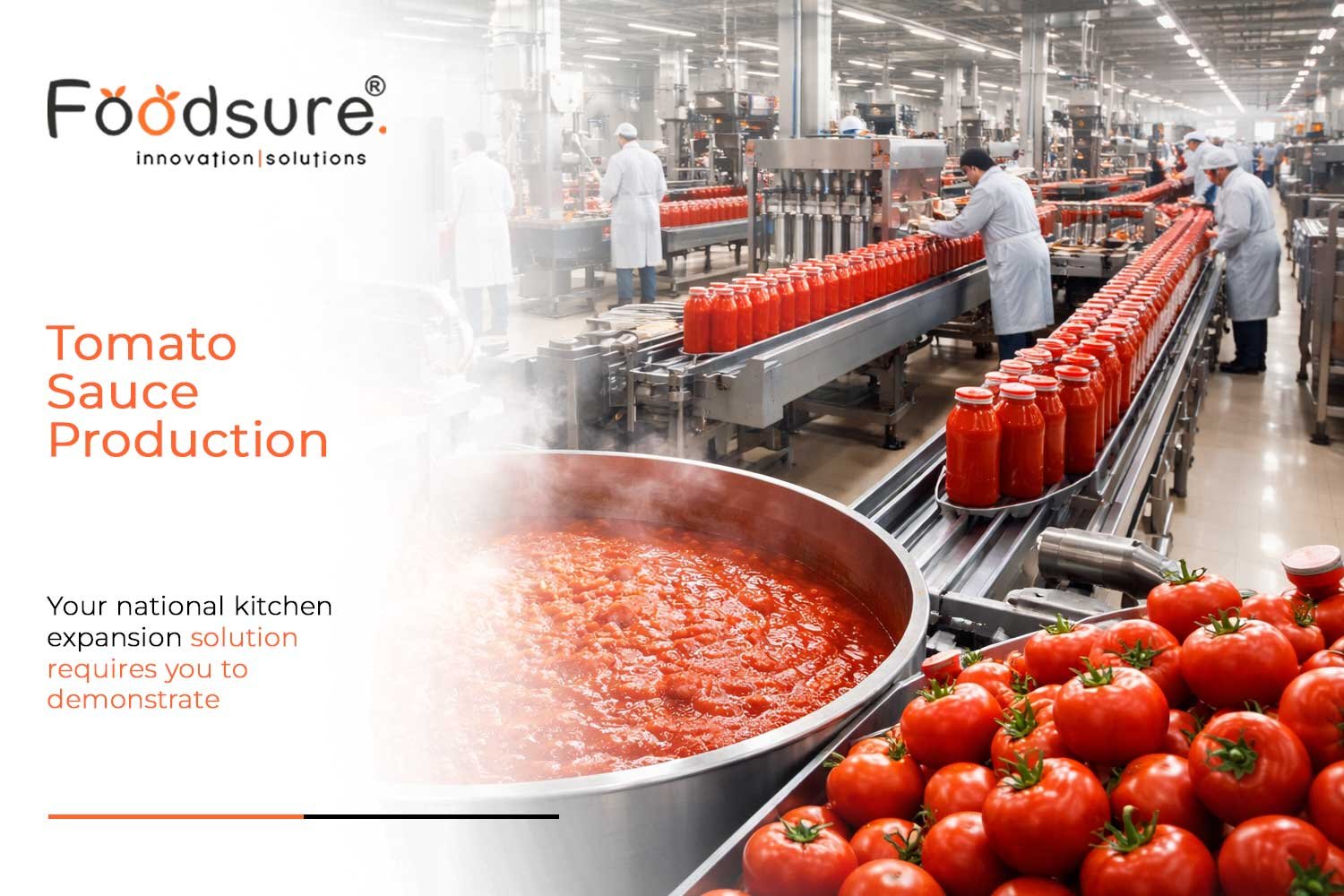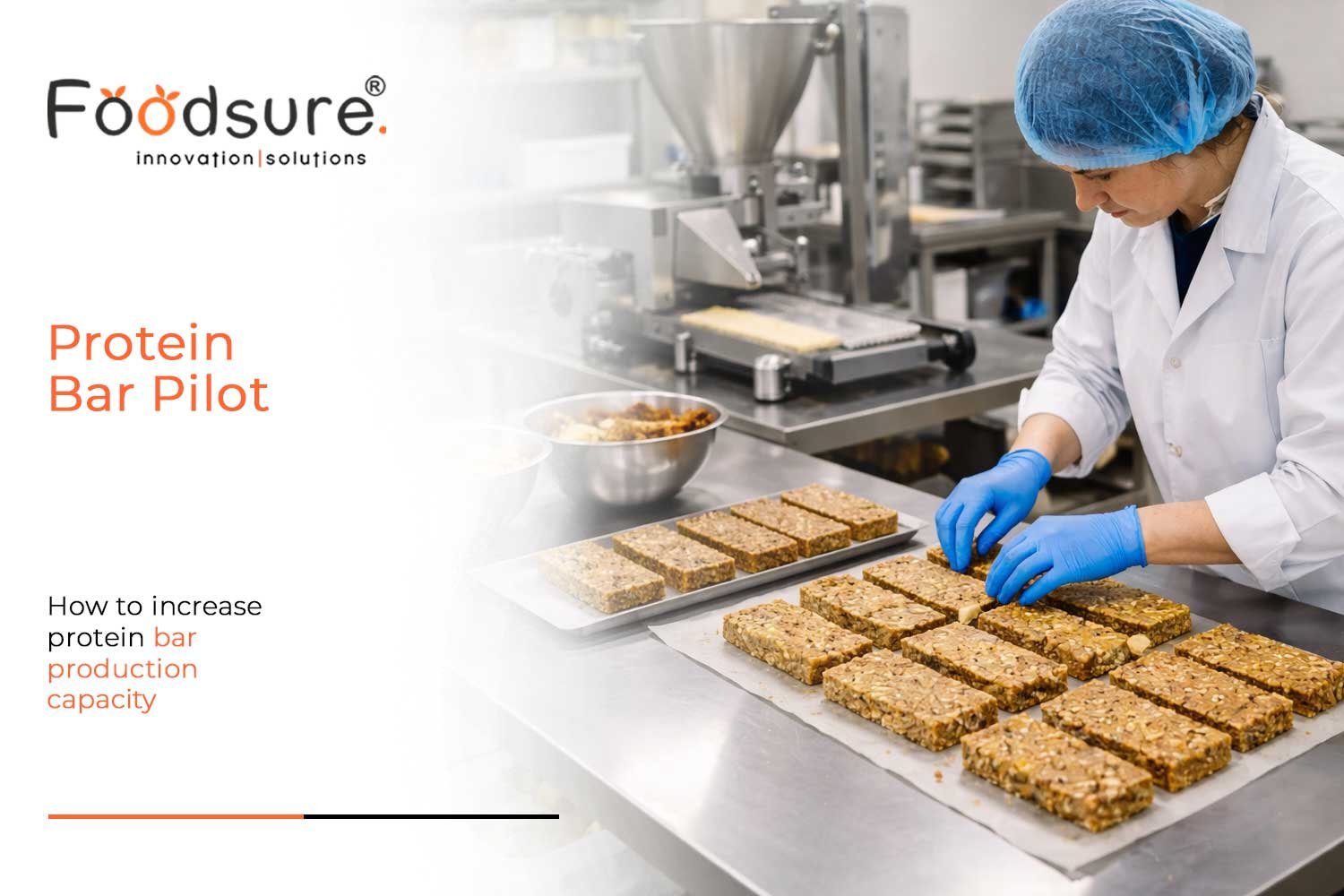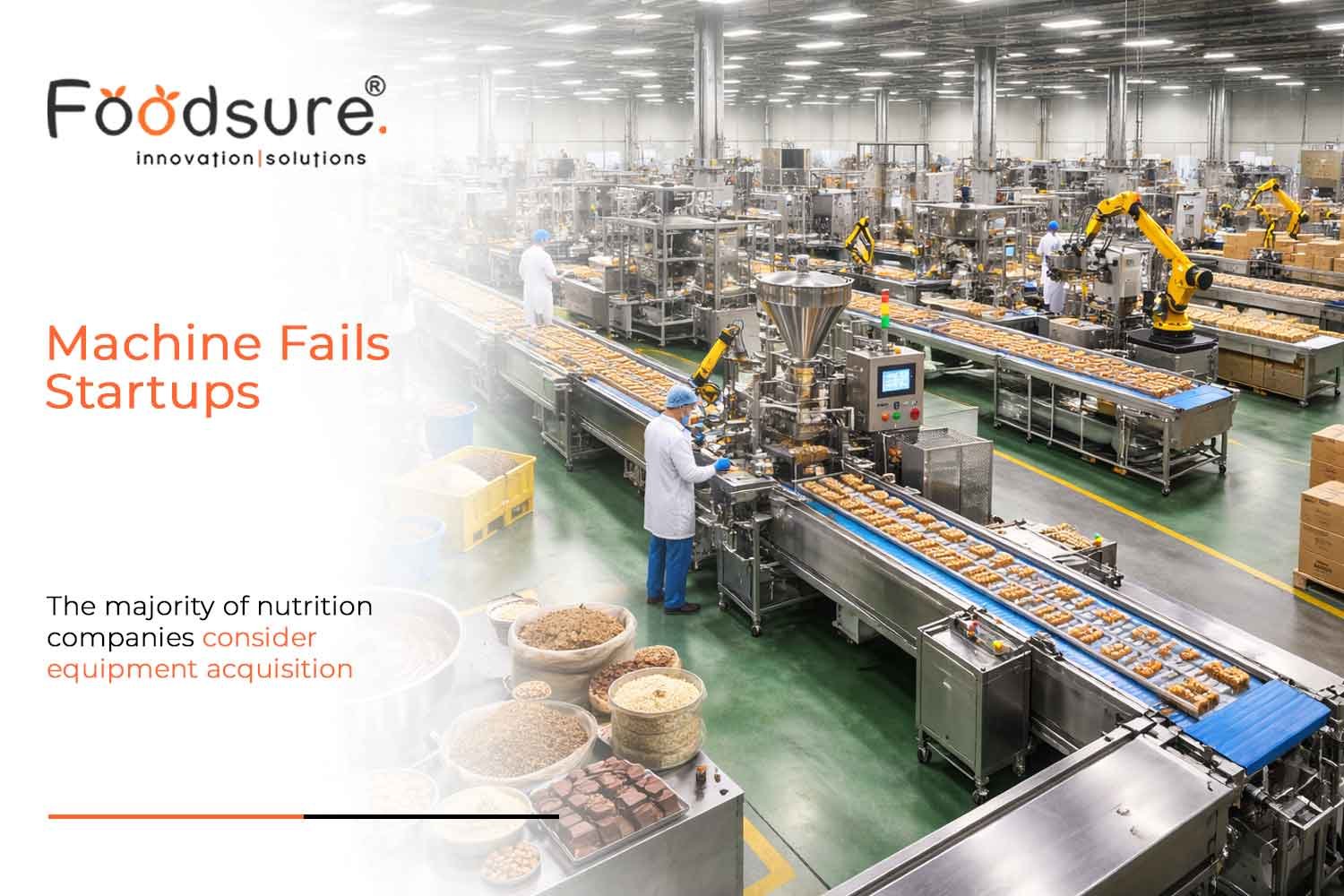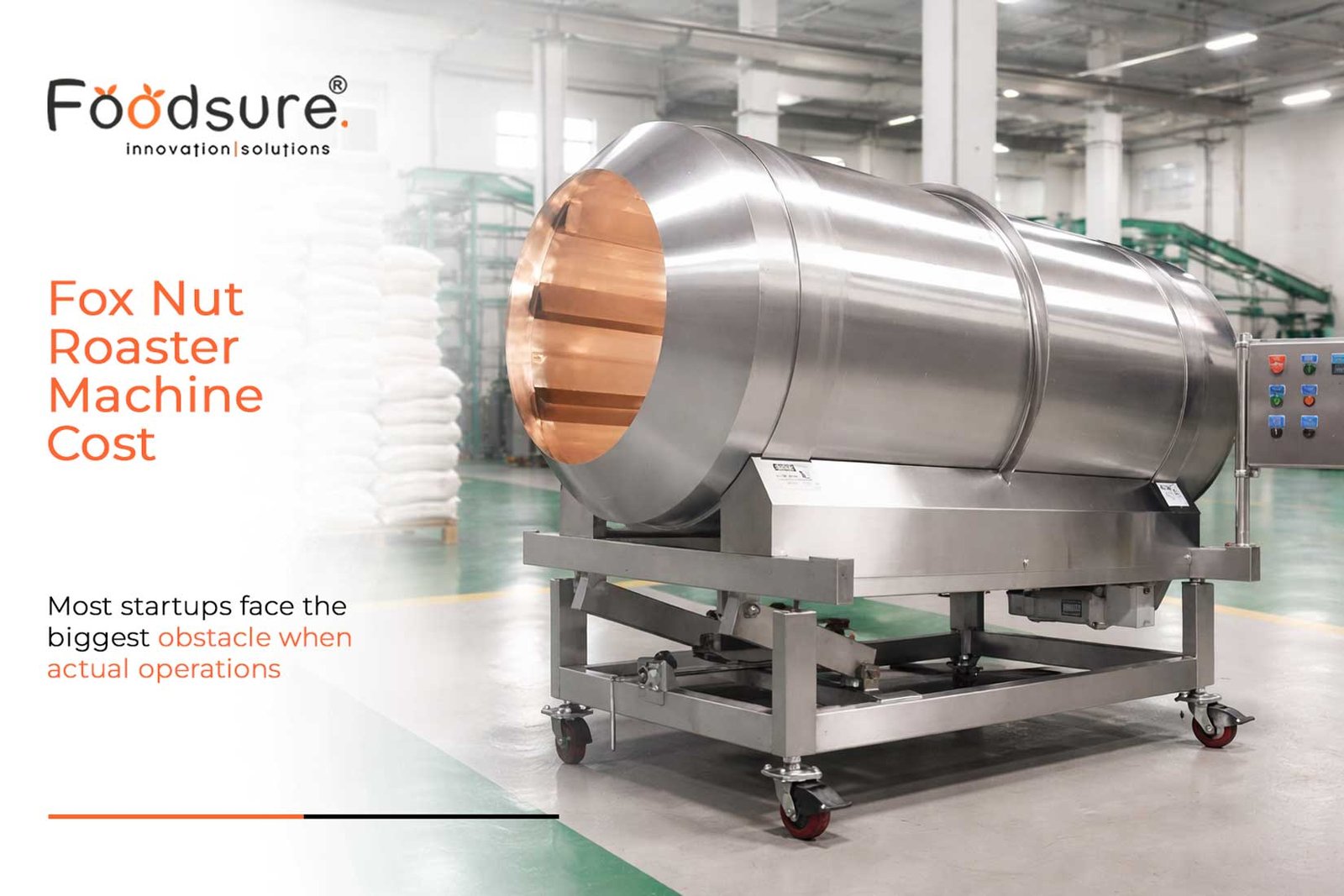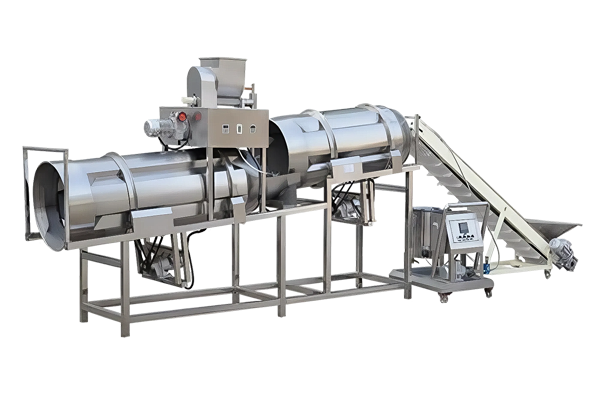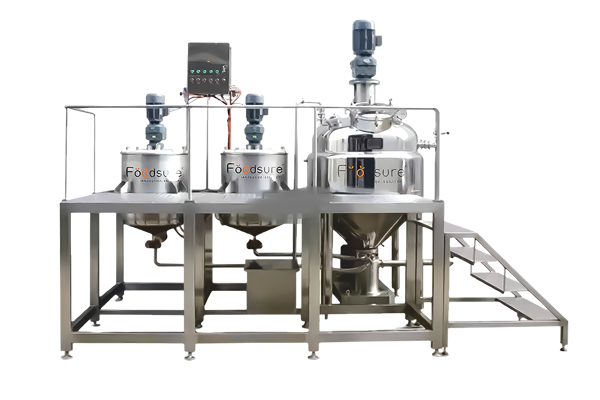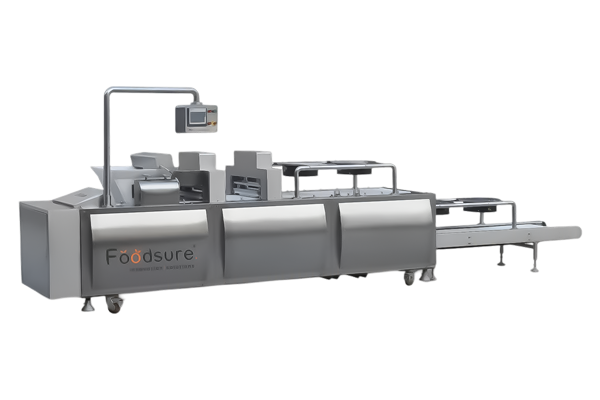Your customers expect perfection from you. Does your whipping cream keep up? Running a bakery, cafe, or food unit is challenging when you depend on manual labor. The result? Lumps, delays, and uneven textures that cost you time and quality. A Non-Dairy Whipping Cream Machine changes that, giving you perfect results every time. That machine is designed for speed, hygiene, and even texture. It helps your business grow faster without affecting quality.
What is Non-Dairy Whipping Cream?
Non-Dairy Whipping Cream is a simple plant-based option to dairy whipping cream. It is especially for those with allergies and for vegans. It is a product that does not contain any milk fat and comes from plant source oil, which is often coconut oil, palm kernel oil, and soybean oil. It also contains water, sweetening agents, texture agents, mixing agents, and proteins (plant protein, or milk proteins), and depending on the vegan formulation, they may not contain any proteins at all.
The fat found in Non-Dairy Whipping Cream will generally be comparable to the dairy cream range of 20–25%, as it was always higher before, but now some Non-Dairy Whipping Cream versions are available in less than 20% fat. If you are going to use non-dairy whipping cream, especially in commercial environments where large quantities are needed. The non-dairy whipping cream machine is essential for you to get the best results.
The Struggles of Making Non-Dairy Whipping Cream Without a Machine
Making non-dairy whipping cream by hand is far from easy. The air mixing of creams must be performed with such precision to maintain air mixing for stability; therefore, the outcome in each case using a hand whisk may differ from another time, dense or flat (just due to the manual method). Now think about that larger scale. Larger batches take a lot of time, reduce the time in production, and depend on skilled employees who watch each batch closely and handle it with care.
If the whipping is allowed to go too long, the cream splits. If you purposely try not to whip too long, the cream is runny, and in either case, you lose cream or money. All this to say that manual methods can be a serious barrier at scale, and they have no consistency as needed for food businesses. That is why commercial non-dairy whipping cream machines are used in commercial kitchens.
How a Non-Dairy Whipping Cream Machine Can Transform Your Business
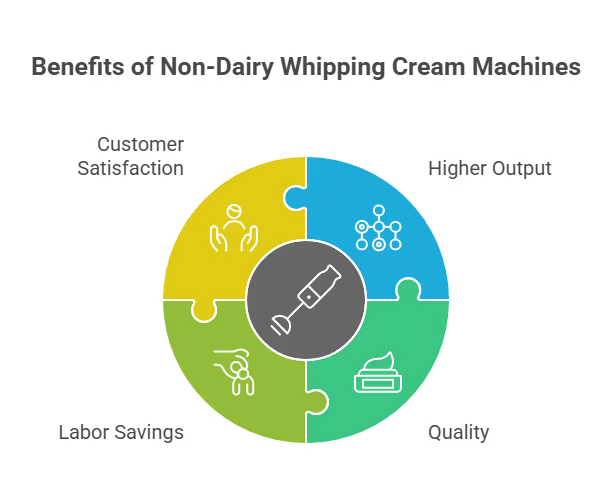
Purchasing a commercial non-dairy whipping cream machine is not merely automating production. It also means more production with less cost, while keeping customers satisfied. Think of it as a more quality, labor savings, and customer satisfaction:
- Higher Output – An whipping cream manufacturing plant enables a consistent whip that entails a larger batch, which is accomplished in minutes, which means serving more customers with fewer interruptions.
- Quality – You consistently received a smoother, stable batch every time you whipped.
- Labor savings – You reduced productive labor, which also means you did not require a skilled team of laborers using mixers for whipping. A simple automatic whipping cream machine means you will have one operator and the whipper, which means less labor costs and capacity for errors.
- Customer satisfaction – Consistent cream means consistent toppings, fillings, and decorations, as consistent in the food product also results in goods looking and tasting good, and repeat customers.
At the end of the day, it allowed you to increase your production while keeping sanitation and placement as a reliable source in your area and other markets.
The Working Process of a Non-Dairy Whipping Cream Machine
- Add cream: You start with your base of non-dairy cream with added cold and whip parameters in your polished stainless steel container.
- Set parameters: Next, you enter your whipping parameters (speed, time, and cooling temperature) for your desired texture.
- Automatic whipping: After that, the automated non-dairy whipping cream machine proceeds to whip using controlled air mixing to ensure that you remain at the right volume, and the texture is consistently smooth.
- Output cream: At the same time, when you are whipping, the temperature is maintained so that the product quality is consistent and safe.
Once the cycle is complete, the whipping cream manufacturing plant cost is ready to serve immediately into cakes, desserts, pastries, or drinks, with no rework and little manual labor.
The Real ROI of a Non-Dairy Whipping Cream Machine
| Cost Factor | Without Machine (Manual/Semi-Manual) | With Machine (Automated) | Savings/ROI Impact |
| Initial Investment | Low (hand mixers ₹10k–₹20k) | Moderate (₹3–6 lakhs avg.) | Higher upfront, but scalable |
| Labor Cost / Month | ₹60,000–₹80,000 (3 skilled staff) | ₹20,000–₹25,000 (1 operator) | Saves ₹40k–₹55k/month |
| Production Capacity / Day | 10–15 liters | 50–100 liters | 4–6x more output |
| Ingredient Wastage | 8–10% (splits, over-whipping) | 1–2% (controlled air mixing ) | Cuts wastage cost |
| Electricity / Month | ₹3,000–₹5,000 | ₹6,000–₹8,000 | Slightly higher, offset by savings |
| Consistency & Quality | Unreliable | Uniform & stable | Boosts customer loyalty |
| Payback Period | — | 6–12 months | The machine pays for itself fast. |
Conclusion
At Foodsure Machines, we understand that our industrial non-dairy cream machine is a vital resource for bakeries, cafes, and dessert companies who want to expand and streamline their daily operations. Here’s the deal: our whipping cream making machine do not just make whipped cream but can offer consistency, make production easier, and provide you with an early return on investment.
FAQ
Q1. What does a non-dairy whipping cream machine do?
Ans: Here’s the thing: it takes non-dairy cream and whips it fast and evenly. Every batch comes out with the same smooth texture and consistent volume, even for large quantities.
Q2. Why use a non-dairy whipping cream machine?
Ans: It also saves your time, reduces manual work, and reduces mistakes. What this really means is you get high-quality, even whipped cream, without constantly checking the process.
Q3. How is non-dairy whipping cream different when whipped with a machine or manually?
Ans: A machine controls speed and air mixing earlier. The result is fluffy, uniform cream every time. Manual whipping is slower and often uneven.
Q4. Who benefits most from a non-dairy whipping cream machine?
Ans: Bakeries, cafes, and dessert makers who need to scale their production, maintain hygiene, and deliver even texture results will see the biggest advantage.
Q5. Can you make non-dairy whipping cream with a machine?
Ans: Yes, these machines efficiently whip plant-based creams.
Q6. How does a non-dairy whipping cream machine work?
Ans: It aerates plant-based cream to achieve a stable, fluffy texture.
Q7. Can the machine make non-dairy heavy whipping cream?
Ans: Yes, it can produce thick, stable non-dairy cream for desserts.
Q8. What is a dairy-free substitute whipped cream made with a machine?
Ans: Plant-based creams like soy, almond, or coconut whipped using the machine.
Q9. Is Amul whipping cream compatible with a non-dairy machine?
Ans: No, Amul is dairy; the machine works best with plant-based creams.
Q10. Can a machine handle UHT or non-dairy cream?
Ans: Yes, both can be whipped, though non-dairy may need stabilizers.
Q11. How long does non-dairy whipped cream last after using the machine?
Ans: Usually 3–5 days refrigerated, depending on ingredients.
Q12. Can almond milk be used in a non-dairy whipping cream machine?
Ans: Yes, when blended into a cream or with stabilizers.

